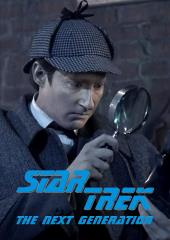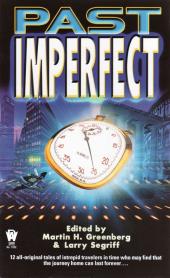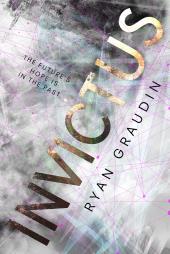TV Episode
Spectre of the Gun
- by Gene L. Coon, directed by Vincent McEveety
- (NBC-TV, USA, 25 October 1968)
After barging into the space of the reclusive Melkotians, Kirk and his crew find themselves facing the Earps and Doc Holliday in a second-rate simulation of the 1881 gunfight at the O.K. Corral. —Michael Main
History has been changed in the fact that Billy Claiborne didn’t die, but Chekov is lying there dead.


![The Savage Curtain Nichelle Nichols [as Uhura] and Lee Bergere [as Lincoln] converse on the bridge
of the Enterprise.](https://img.ittdb.com/000000/75/69S-75-000000.jpg)






